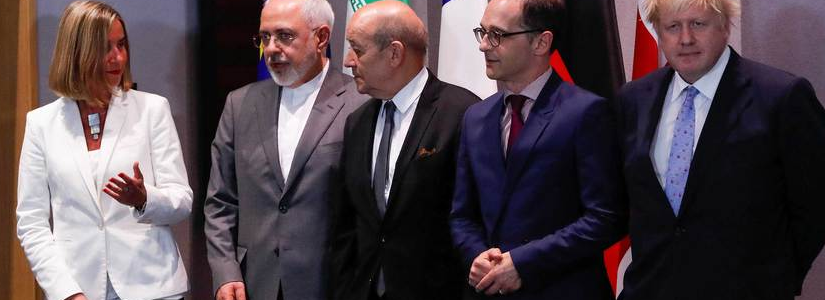
Following President Donald Trump’s May 8 decision to withdraw from the Joint Comprehensive Plan of Action (JCPOA), the United States has embarked on a “maximum pressure” campaign against Iran. The campaign involves, among other things, the reinstatement of all nuclear-related sanctions, revoking all licenses that allow for minor exemptions to those sanctions and applying additional economic penalties, including compelling the rest of the world to cut its imports of Iranian oil. This hard-line approach puts the Trump administration on a collision course with the nuclear deal’s remaining signatories, who all continue to support the accord and its full implementation. Against this backdrop, none have reacted with greater despair than Washington’s traditional allies in Europe. At the same time, Britain, France and Germany have struggled to turn their criticism of US policy into credible action to salvage the JCPOA. One key reason for this shortcoming is that European governments are radically underestimating their leverage.
As of this writing, European officials are attempting to devise an economic incentive package to convince Iran that staying in the deal is preferable to walking away. In line with this approach, the European Commission is updating the so-called Blocking Regulation — a statute first drawn up in 1996 that seeks to prohibit institutions under EU jurisdiction from complying with US secondary sanctions. European diplomats are also continuing to work off the nine-point financial plan devised with their Iranian counterparts to protect economic ties between Iran and the EU.

